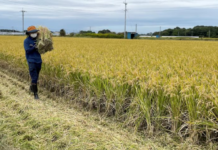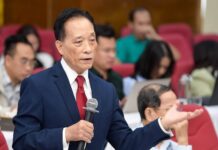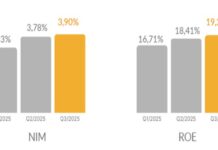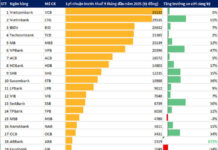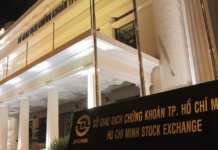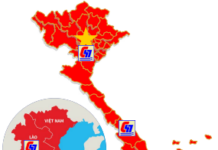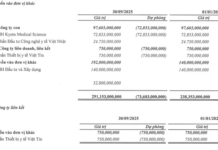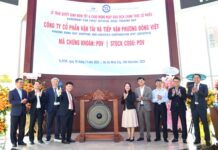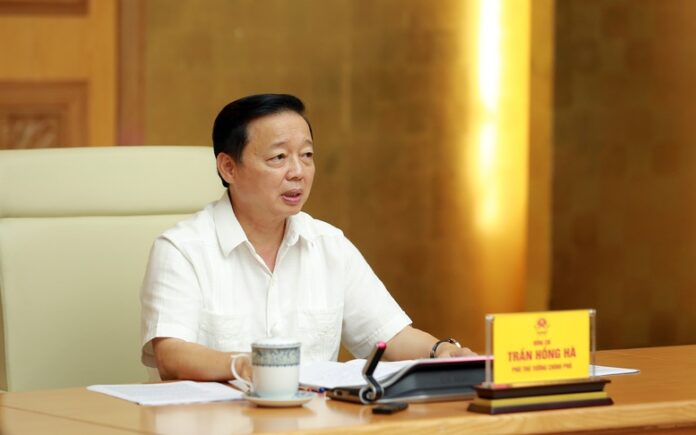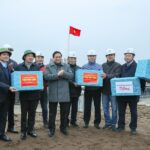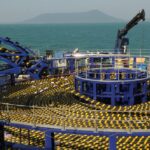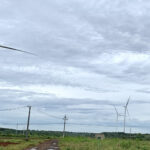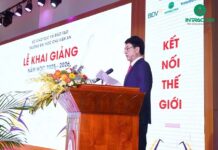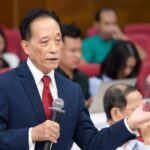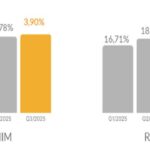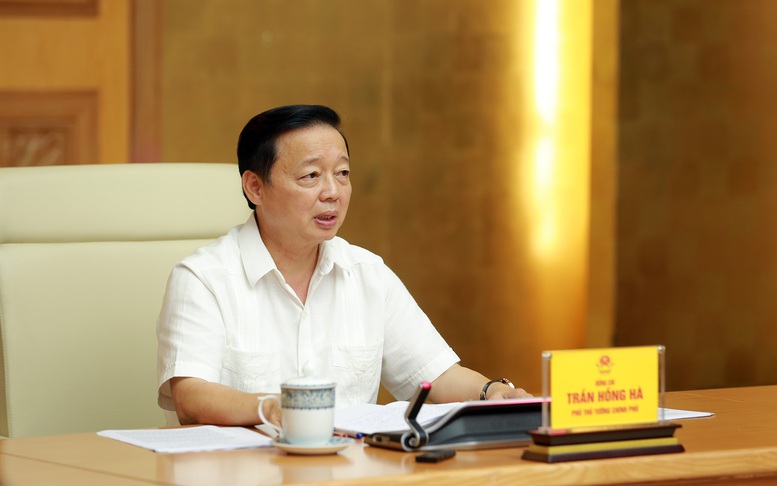
Deputy Prime Minister Tran Hong Ha emphasized the principle of not wasting investment resources of enterprises while meeting local development requirements when updating and supplementing the Master Plan for Electricity Development in Vietnam (Power Development Plan VIII) – Photo: VGP/Minh Khoi
According to the Ministry of Industry and Trade’s report, all local-proposed power projects have been inspected and meet the set criteria. They have been updated in the draft Decision approving the update and supplement to the Power Development Plan VIII.
Specifically, there are 110 wind power projects with a total capacity of 6,665.3 MW, 128 small hydropower projects with 1,362.98 MW, 21 biomass power projects with 414 MW, and 34 waste-to-energy projects with 621.1 MW.
The Ministry of Industry and Trade has worked with the Government Inspectorate to inspect power projects that have not been included in the Plan due to violations related to land, investment procedures, planning, etc., as pointed out in inspection conclusions or those under inspection and investigation.
Mr. Le Sy Bay, Deputy Inspector General of the Government Inspectorate, noted that localities need to coordinate closely with industry management agencies to adjust and rectify the issues identified in the inspection conclusions.
At the meeting, leaders of some localities reported on the settlement and rectification of existing problems mentioned in the inspection, investigation, and audit conclusions and court rulings to complete the project dossiers. They also proposed supplementing some solar power, small hydropower, waste-to-energy, and biomass power projects into the Power Development Plan VIII.
Minister of Industry and Trade Nguyen Hong Dien said that many local-proposed solar power projects have not been updated in the Plan because they are among the 154 solar power projects mentioned in the conclusion of the Government Inspectorate, which have been transferred to the investigation agency regarding the Ministry of Industry and Trade’s approval and recommendation for the Prime Minister’s approval without legal basis and planning basis. Therefore, the update and supplement of these projects will be implemented after the conclusion of the investigation agency.
Regarding the proposal to increase the allocated capacity for waste-to-energy projects, Minister Nguyen Hong Dien requested that localities base their calculations on the actual waste sources in their areas.
The approval of the update and supplement to the Power Development Plan VIII is a prerequisite for localities to develop their power plans, helping to timely supplement power sources with fast construction potential, thus ensuring electricity supply security.
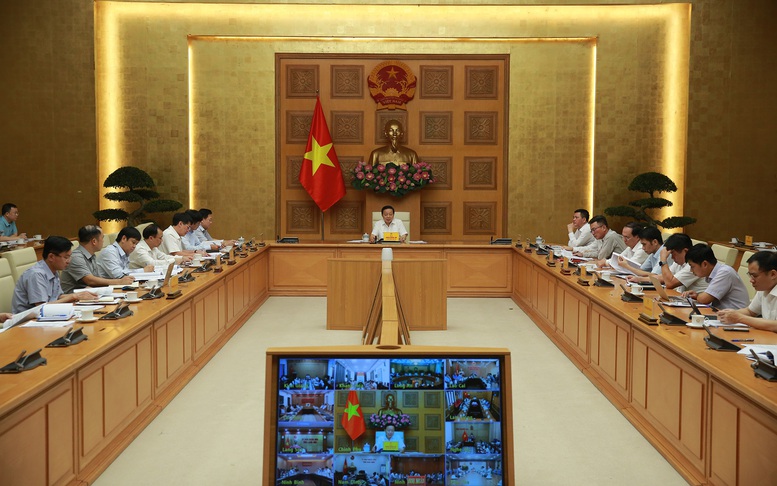
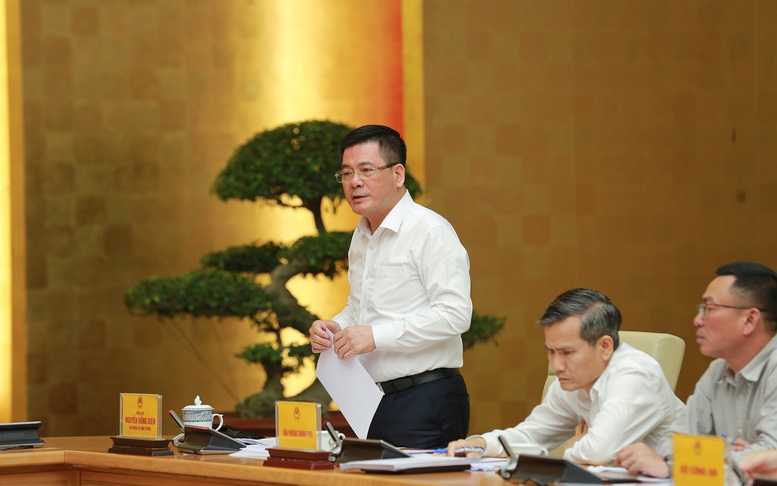
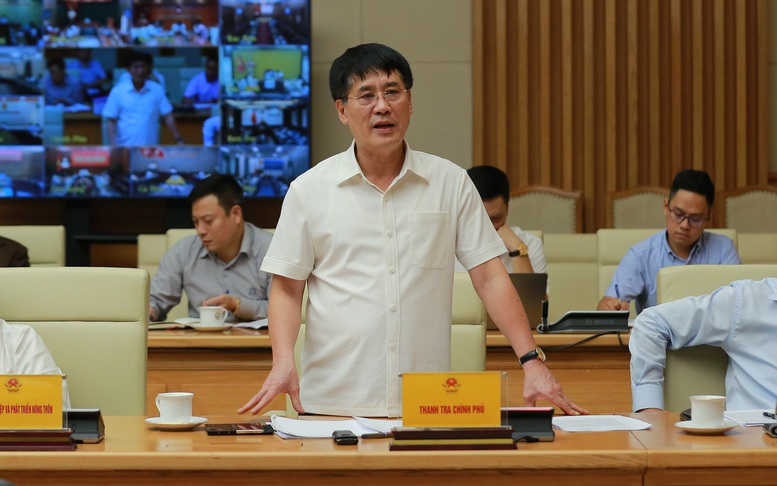
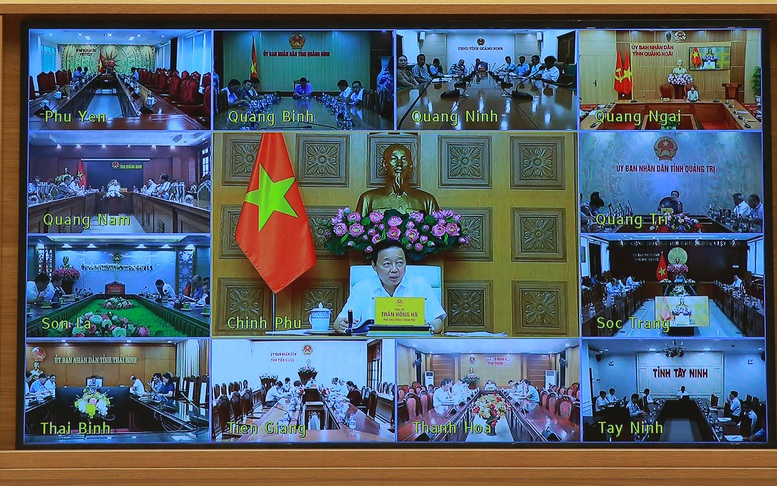
Delegates expressing their opinions at the meeting – Photo: VGP/Minh Khoi
Concluding the meeting, Deputy Prime Minister Tran Hong Ha emphasized the principle of including in the Power Development Plan VIII those power projects that are not in violation or have completed the rectification of violations and meet the criteria for system safety, transmission technology, and economic efficiency, among others. This is to avoid wasting investment resources of enterprises while meeting local development requirements.
Localities with power projects that have fully implemented the contents of the conclusions of inspections, audits, investigations, and judgments (if any) should soon submit official reports to continue updating them in the Plan.
Regarding the 154 solar power projects that the Ministry of Industry and Trade approved and recommended for the Prime Minister’s approval without legal and planning basis, the Deputy Prime Minister requested that localities and enterprises closely coordinate with the Ministry of Industry and Trade and the investigation agency to inspect, classify, explain, and soon resolve the issue.
Regarding the proposals for small hydropower, biomass power, and waste-to-energy projects, the Deputy Prime Minister stated that these are basic power sources, so the Ministry of Industry and Trade will inspect and soon supplement them into the Plan.
The Deputy Prime Minister also gave opinions on the proposals of some localities regarding the conversion of some coal-fired power projects to gas-fired power, the relocation of coal-fired power plants, the increase in capacity for some hydropower plants, the adjustment of allocated capacity for rooftop solar power, and the handling of wind power projects overlapping with the planning area for mineral exploration and exploitation, etc.
“Conquer the Sunshine, Defeat the Rain”: Completing the 500 kV Circuit 3 Line by June 2024, All throughout Tet”
On the afternoon of January 27th, Prime Minister Pham Minh Chinh visited four provinces, namely Thai Binh, Nam Dinh, Ninh Binh, and Thanh Hoa, to inspect the construction and provide encouragement to the construction forces of the 500 kV Transmission Line Project, Circuit 3, from Quang Trach (Quang Binh province) to Pho Noi (Hung Yen province) by handing out gifts.
National grid and Phu Quoc Island jointly develop
Exactly 10 years ago, on February 2, 2014, the residents of Phu Quoc Island, Kien Giang province, started using electricity from the national grid, replacing the limited and expensive electricity generated from generators. This was made possible by the underground 110kV power line connecting Ha Tien and Phu Quoc Island. Since then, the national grid has played a crucial role in the socio-economic development of Phu Quoc.




